Smart medical devices are changing healthcare services by including remote monitoring and healthcare delivery, offering real-time information to patients and practitioners, and enhancing treatment processes. Such devices incorporate sensors and connectivity, and sometimes even artificial intelligence, which enables the control and treatment of numerous diseases without the constant presence of a practitioner. By bridging the gap between healthcare providers and patients, smart medical devices offer a more personalized and efficient approach to care.
You may like to Read: Continuous Glucose Monitors: Top Picks for 2024
The Evolution of Medical Technology
The transition from ordinary medical instruments to smart devices is revolutionary. The vast majority of the common implements like thermometers or blood pressure gauges have come to fully integrated wearable and implantable sensors with the ability to monitor body parameters. Innovations like Bluetooth technology, wireless internet, and data analytics have further revolutionized the sector, making these devices an integral part of modern healthcare.
Types of Smart Medical Devices
Wearable Devices
Wearables have become the most widely used devices in the field of smart medical equipment. These are primarily devices like smartwatches, fitness bands, or even portable ECGs that monitor activity, heart rate, or sleep. These devices can alert users and healthcare practitioners of critical events which may lead to health complications and thus prevent their progression.
- Health Monitoring Smart Watch
Smartwatches these days not only measure the number of steps taken or calories burned. They also include ECG, blood oxygen, and falling detection features, which are relevant for health surveillance. Some models can also call the emergency number if something life-threatening occurs.
- Fitness Trackers with Medical Purposes
Devices like Fitbit and Garmin have transformed into medical-grade tools that track vital signs and physical activity. These trackers allow users and healthcare providers to monitor health trends and detect potential issues early.
Implantable Devices
These are smart devices embedded into the skin, such as cardioverter defibrillators and glucose monitoring devices. These devices can provide electric pulses to the heart or regular doses of insulin to diabetic patients, thereby relieving their suffering from these long-term diseases.
- Pacemakers with Connectivity
Modern pacemakers have connectivity features, enabling doctors to monitor heart functions remotely. It means they can adjust settings without requiring invasive surgery.
- Smart Insulin Pumps
Implantable smart insulin pumps in patients with diabetes deliver insulin proportional to the glucose level at the time, as ascertained by glucose monitoring devices and glucose sensors fitted in the patient. It enhances the accuracy of blood sugar control and decreases the complications associated with inappropriate manual insulin injection.
Remote Monitoring Devices
In addition, devices for remote monitoring, such as continuous glucose monitors and heart rate monitors, assist healthcare providers in observing the health of their patients remotely, thus minimizing the need for hospital visits or preventing the patients from being readmitted to the hospital again.
- Continuous Glucose Monitors (CGM)
CGMs are a breakthrough in diabetes management. They continuously monitor glucose levels and provide real-time data, which is shareable with healthcare providers to optimize treatment.
- Remote Heart Rate Monitors
These devices allow patients to monitor their heart health in real time and alert doctors to any abnormalities, reducing the need for frequent hospital visits.
Benefits of Smart Medical Devices
Enhanced Patient Care
These gadgets provide timely and updated information about the patient’s well-being, which helps to work with the medical staff more efficiently. It is so beneficial for those who suffer from chronic diseases like heart disease or diabetes.
Real-Time Data Collection
Doctors no longer have to rely solely on periodic checkups. With continuous monitoring, they can detect health issues early, allowing for prompt treatment.
Cost-Effectiveness
Smart devices reduce the number of unnecessary hospital visits and enable remote monitoring, leading to lower healthcare costs for patients and providers.
How Smart Medical Devices Are Transforming Healthcare
Remote Healthcare
Telemedicine has become more efficient with the use of smart medical devices. Patients can share live health data during virtual appointments, allowing for more accurate diagnoses and tailored treatment plans.
Personalized Healthcare and Precision Medicine
By collecting vast amounts of health data, these devices enable healthcare providers to offer personalized treatment plans, ensuring tailored care to each patient’s specific needs.
Challenges and Risks of Smart Medical Devices
Data Privacy and Security Concerns
One of the biggest challenges is protecting sensitive health data. Hackers could exploit vulnerabilities in smart devices, leading to privacy breaches or even posing direct health risks.
Reliability of the Devices
Even though smart medical devices have advanced features, they are not 100% accurate and may have some technical errors or inaccuracies in the information provided to the user. It can be troublesome, especially when wrong data forms the basis for vital healthcare practice.
The Role of Artificial Intelligence in Smart Medical Devices
AI-Driven Diagnostics
AI is instrumental in smart medical devices as it analyzes the data to achieve better and quicker diagnosis. An additional capability of AI is the ability to foresee illnesses and take preventive actions.
Machine Learning in Predictive Healthcare
Machine learning is now also playing an important role in predictive healthcare as it allows for the identification of health risks so that physicians can provide timely prevention interventions with the help of the information available through smart devices.
Regulation and Compliance in Smart Medical Devices
FDA Approval for Smart Devices
Smart medical devices must meet strict regulatory standards. The FDA ensures that these devices are safe and effective for patient care.
International Standards and Regulations
Global standards like CE marking in Europe ensure that smart medical devices meet international safety and quality requirements.
Popular Companies Leading the Smart Medical Devices Market
Medtronic
Medtronic is a leader in smart medical devices, offering products like pacemakers, insulin pumps, and neurostimulators.
Philips Healthcare
Philips Healthcare is known for its innovations in smart healthcare solutions, particularly in remote monitoring and personalized care.
The Future of Smart Medical Devices
Upcoming Innovations
The future of smart medical devices is promising, with advancements like 3D-printed devices and nanotechnology poised to revolutionize healthcare.
The Role of 5G and IoT
The adoption of 5G technology and the Internet of Things (IoT) will enhance the capabilities of smart devices, enabling faster and more efficient data exchange and device communication.
The Impact of Smart Devices on Healthcare Costs
Reducing Hospital Visits and Readmissions
By enabling remote monitoring and early diagnostics, smart medical devices help reduce hospital stays and readmissions, lowering healthcare costs.
Long-Term Cost Benefits for Patients
Although smart devices may be expensive initially, their long-term benefits in preventing serious health issues make them cost-effective over time.
You may Like: Best Heart Rate Monitors (HRMs) for 2024
Conclusion
Over the years, smart medical devices have been changing how healthcare provides real-time data, improves patients, and minimizes expenses. Technology is changing, and we will see other advanced solutions that will improve the quality of health services. The future of medicine lies in the integration of smart devices, AI, and connected technology, ensuring better healthcare for all.
FAQs
What are smart medical devices?
Smart medical devices are tools that use advanced technology to monitor, diagnose, or treat health conditions in real-time.
Are smart medical devices safe to use?
Yes, they undergo rigorous testing and regulatory approvals before being used in healthcare.
How do smart medical devices benefit patients?
They allow for continuous monitoring, early diagnosis, and personalized treatments, improving overall health outcomes.
Can smart medical devices replace traditional healthcare?
No, they complement traditional healthcare by providing real-time data and remote monitoring, but doctor visits are still essential.
What is the future of smart medical devices?
The future will see greater integration of AI, 5G, and IoT, making devices more efficient and accessible for all.

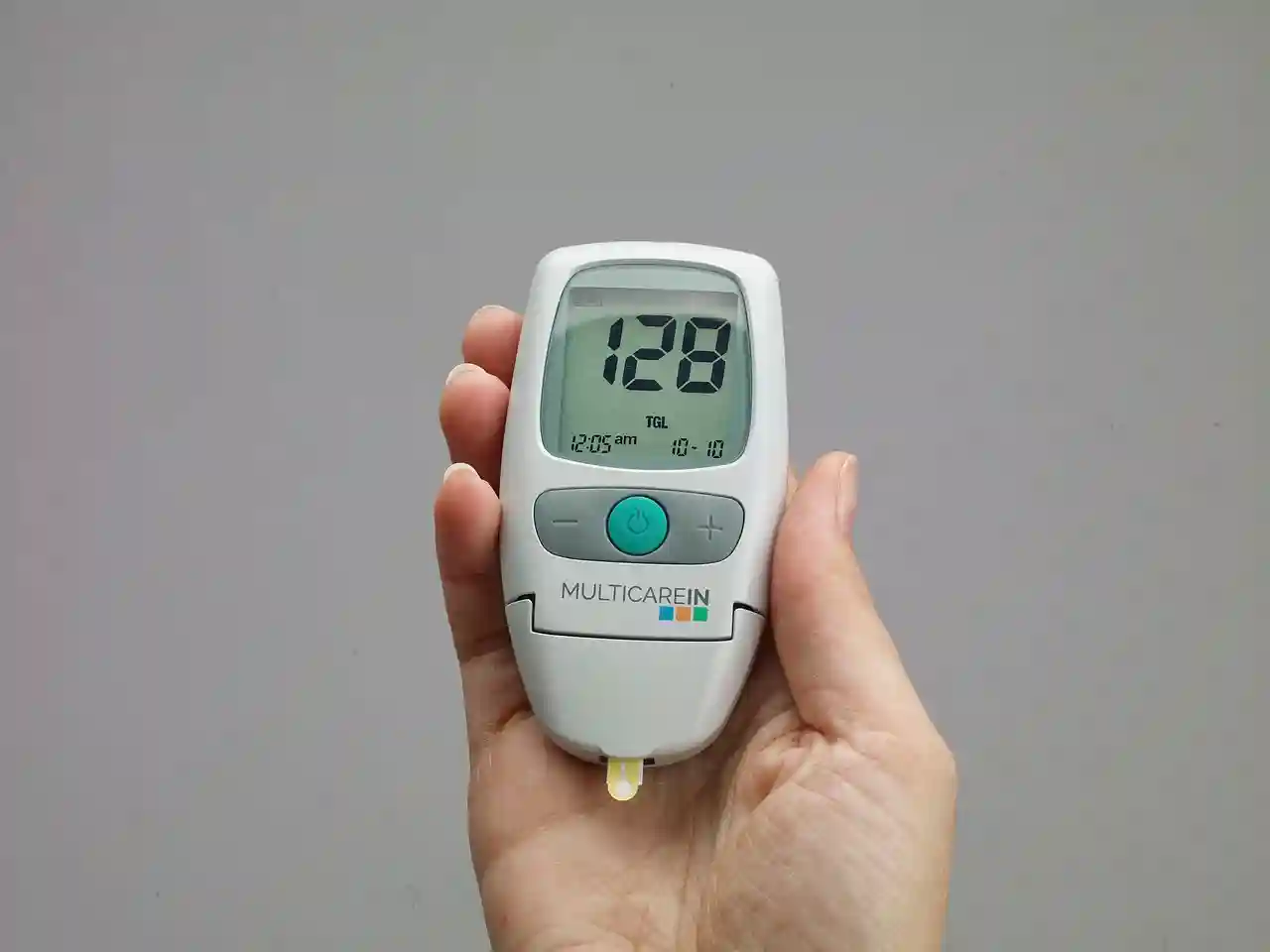
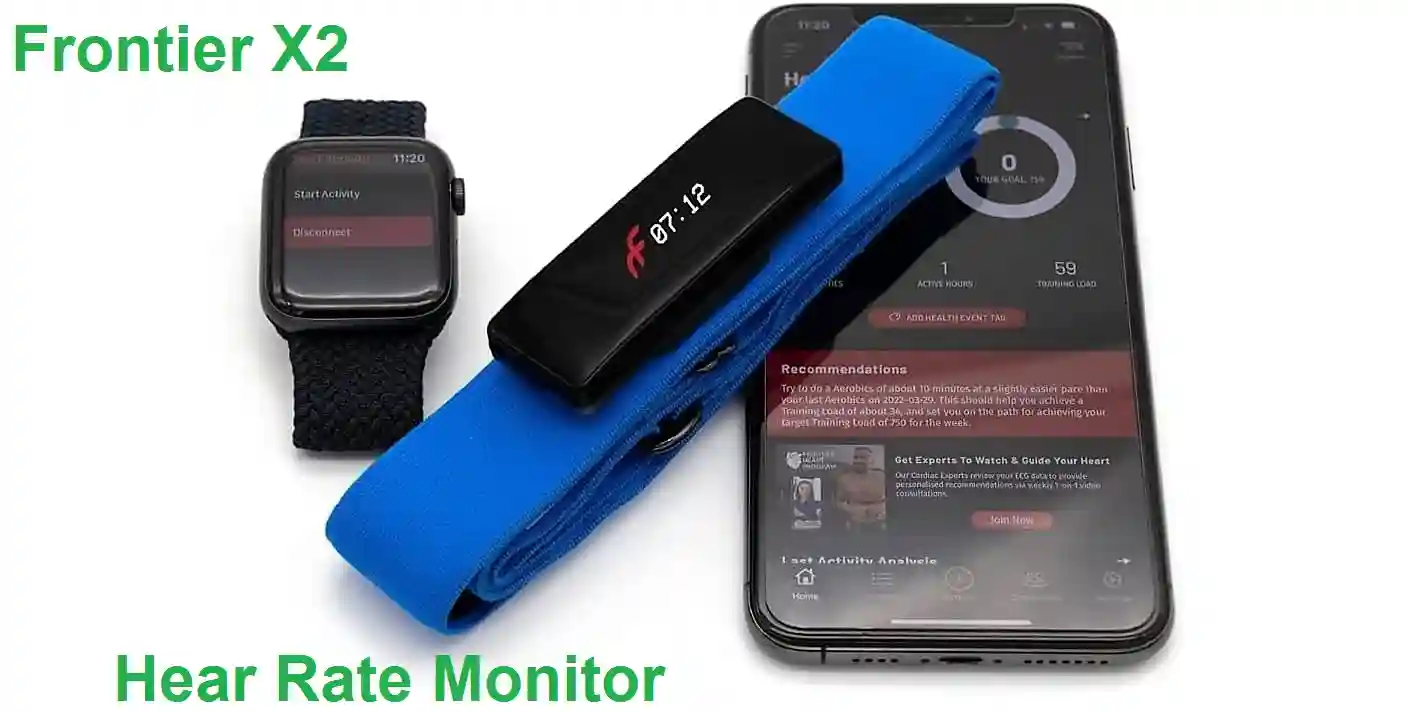

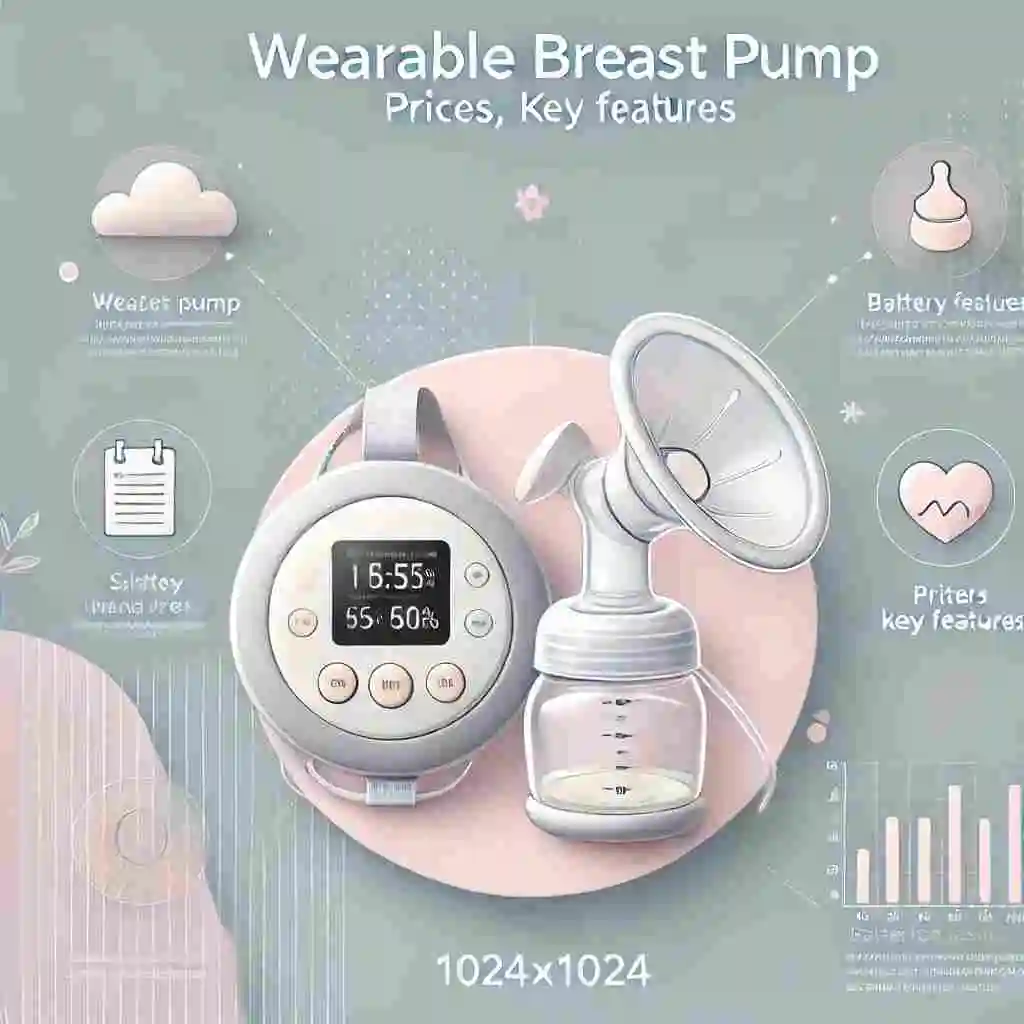
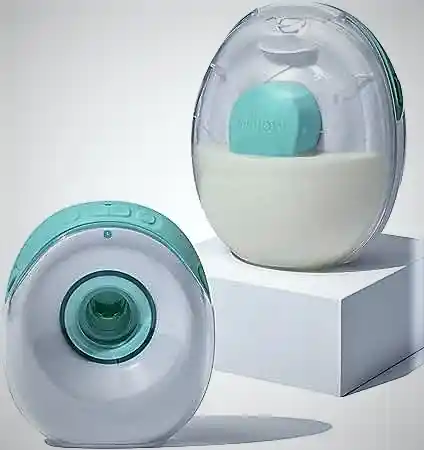

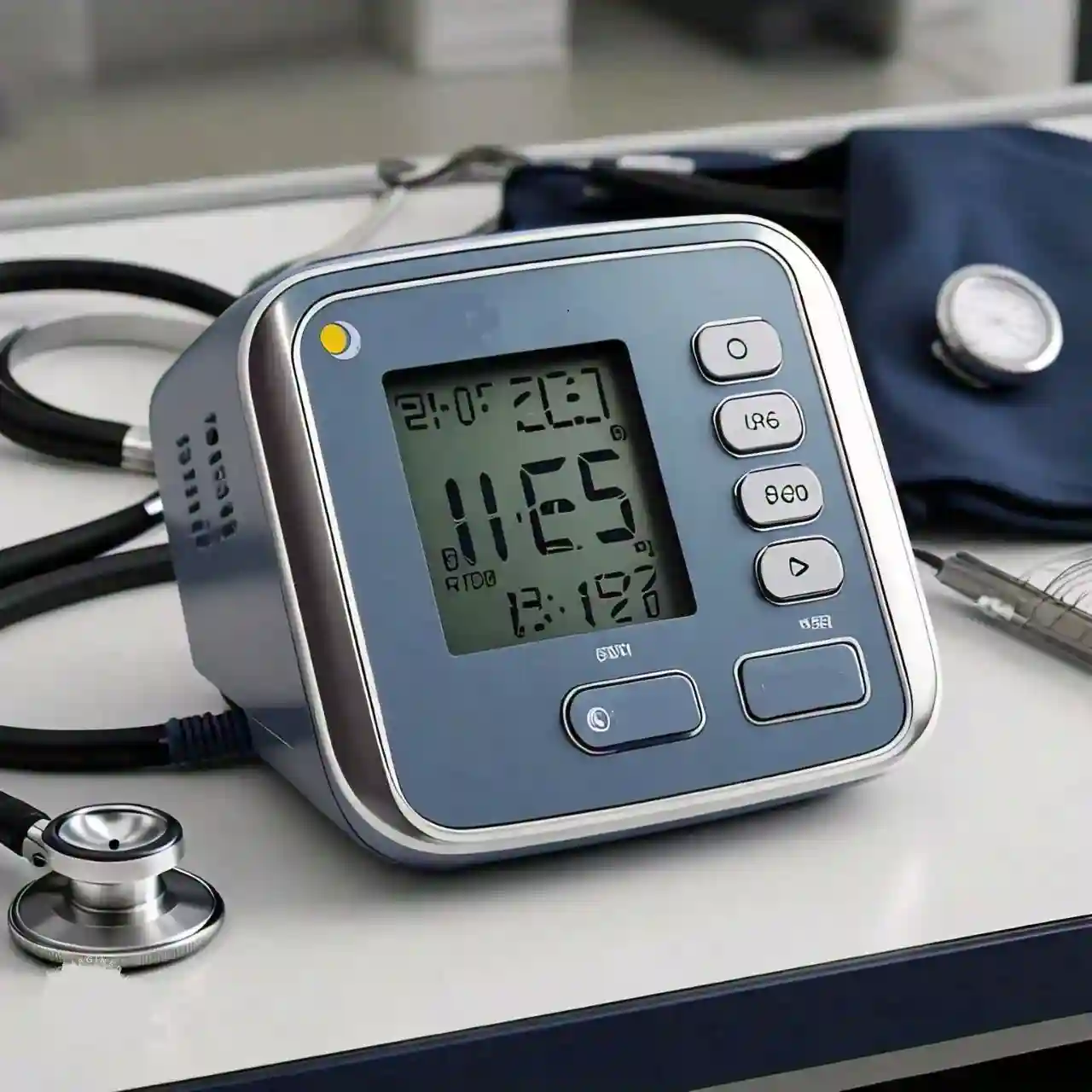
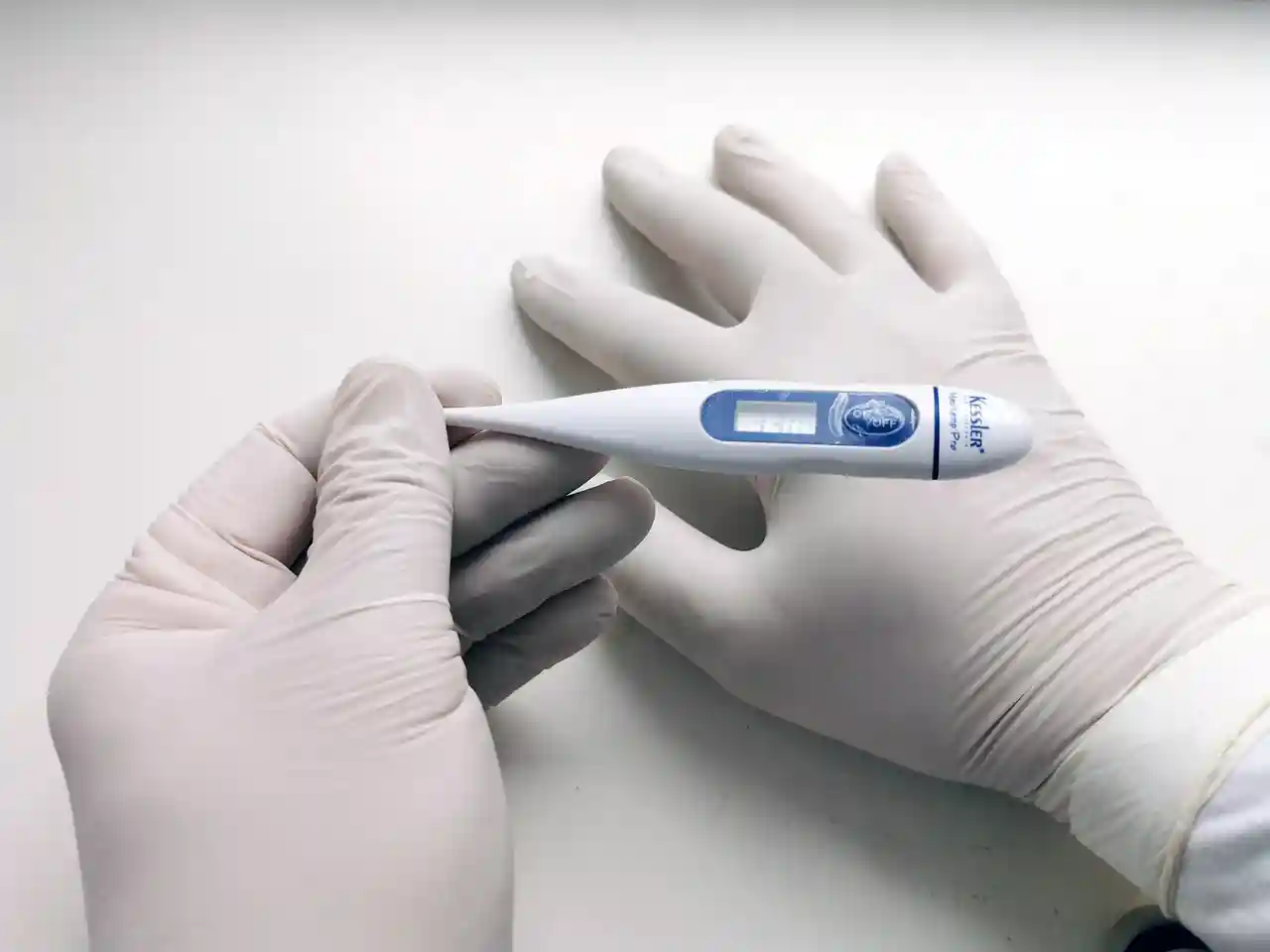
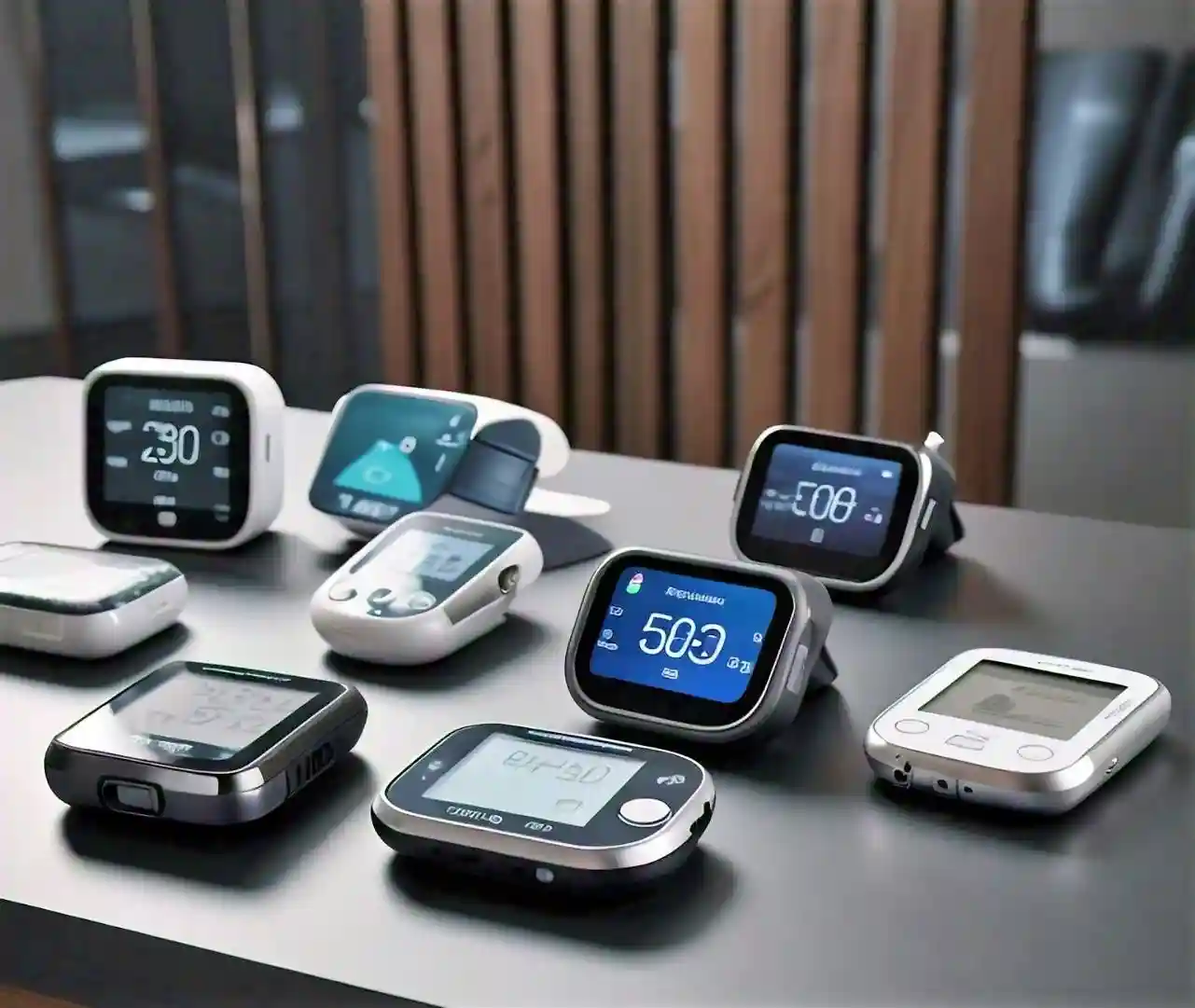


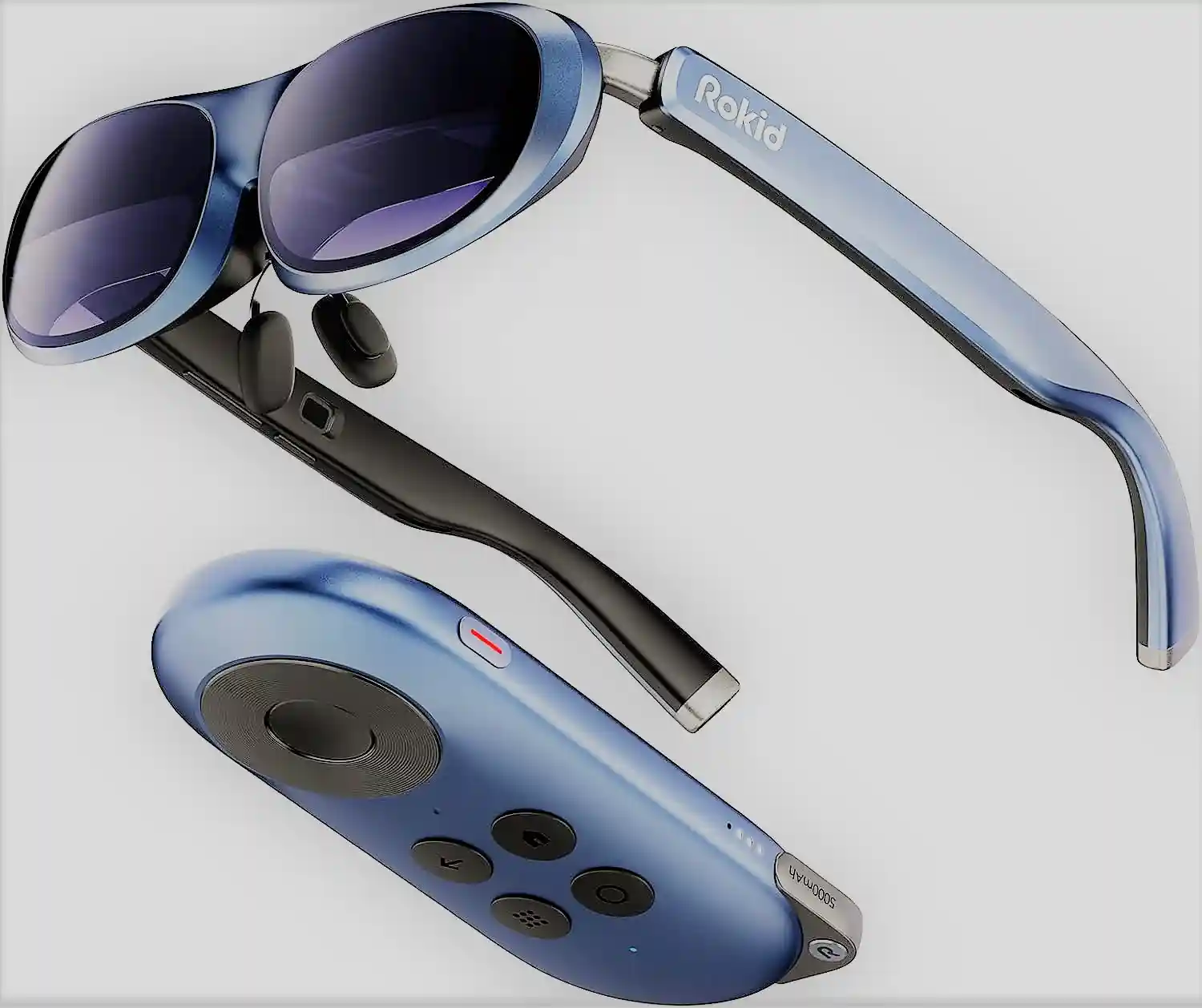
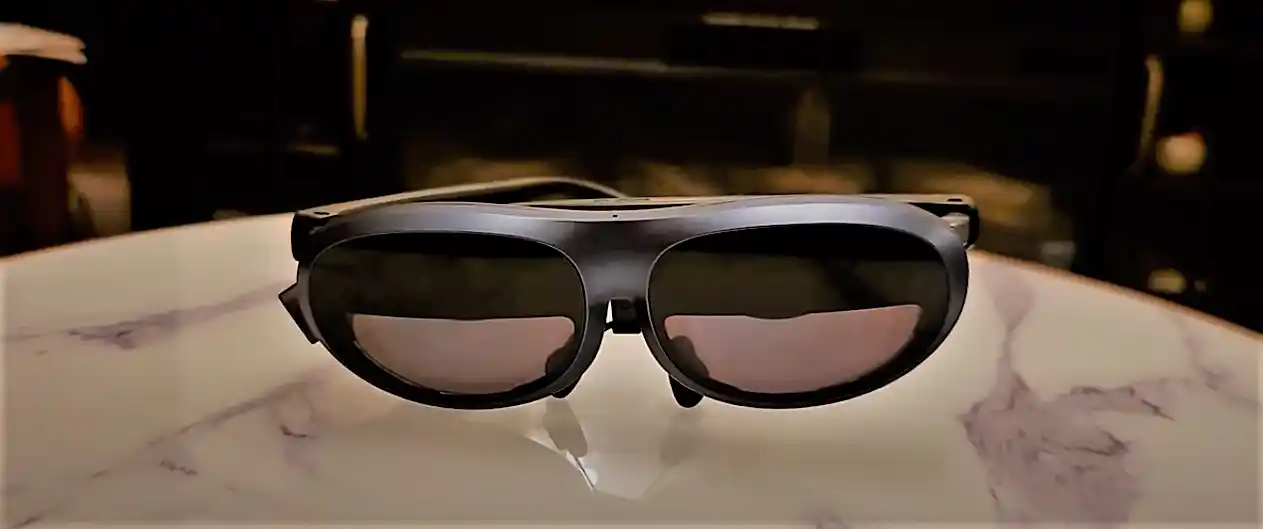
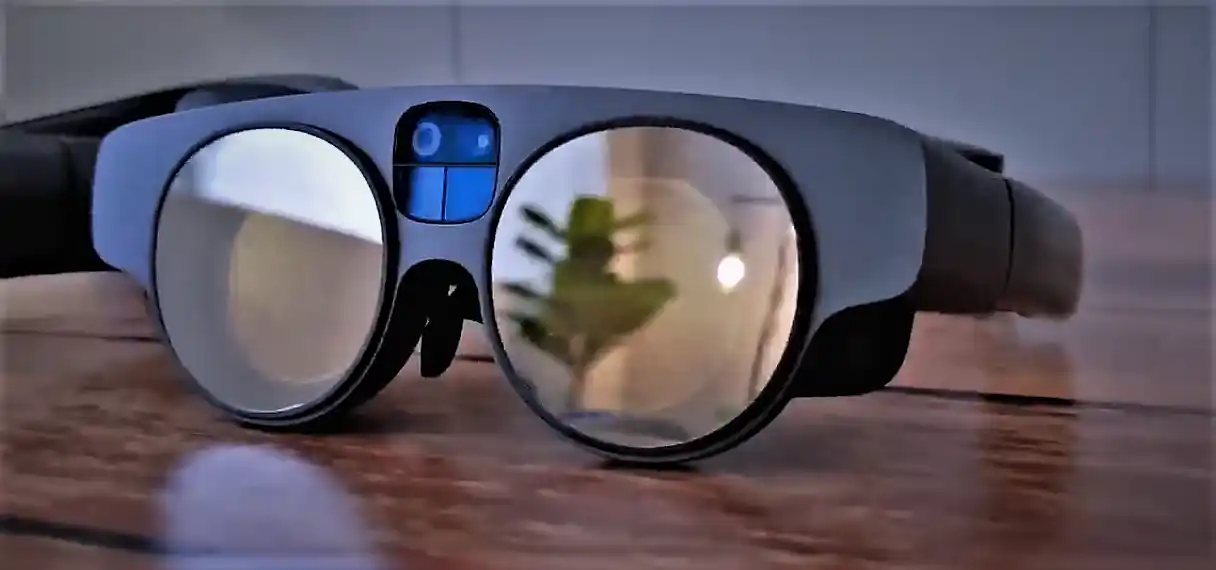
Leave a Reply